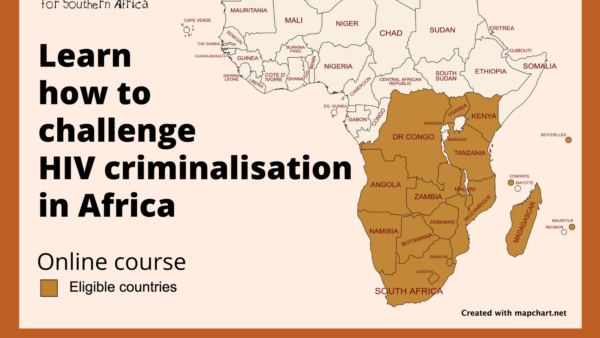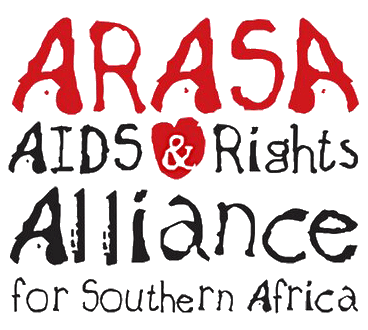Overview
Namibia does not have an HIV-specific criminal law, but does criminalise the transmission of sexually transmitted infections generally.
Article 37 of the Public and Environmental Health Act 2015 makes it an offence to ‘wilfully or negligently’ cause the transmission of an STI, or to act in a way ‘likely to lead to the infection of another’ (‘exposure’). The law does not include a defence for consent following disclosure. The penalties provided are severe – up to 10 years’ imprisonment and/or a fine of up to N$100,000.
The Public and Environmental Health Act also includes other problematic provisions under Article 35, such as requiring medical and other health practitioners to ‘warn’ a patient with an STI against contracting marriage until they have been cured or the infection cannot be transmitted. It also states healthcare practitioners must notify senior health authorities of any person not under treatment.
Article 38 states that proceedings relating to sexually transmissible infections are to be conducted ‘in camera’, with reports not to be published. While the practice is recommended to protect the privacy of accused parties and witnesses, and limit sensationalised media reporting, there is concern it may restrict capacity of those in the community to track prosecutions.
Although being adopted in 2015, the Public and Environmental Health Act did not enter into force until 2020.
In theory, general criminal laws such as common assault or assault with intent to do grievous bodily harm could also be applied to people with HIV alleged to have transmitted HIV. However, there have been no reported cases of HIV criminalisation in Namibia to date.
Laws
Public and Environmental Health Act 1 of 2015
Article 37. Transmission of infection
A person who, knowing that he or she is infected with a sexually transmitted infection –
(a) wilfully or negligently infects another person; or
(b) wilfully or negligently permits or acts in a way likely to lead to the infection of another person,
commits an offence and is liable to a fine not exceeding N$100 000 or to imprisonment for a period not exceeding 10 years, or to both such fine and such imprisonment.
Article 35. Duties of medical practitioners and other health practitioners relating to sexually transmitted infections
(1) A medical practitioner or other health practitioner who attends advises a patient in respect of a sexually transmitted infection from which the patient is infected, must –
(a) direct the attention of the patient to the infectious nature of the disease and to the penalties prescribed by this Act for infecting other persons with the infection;
(b) warn the patient against contracting marriage unless and until the patient has been cured of the infection or is free from the infection in a communicable form; and
(c) give to the patient the printed information, including posters and pamphlets, relating to the treatment of a sexually transmitted infection and to the duties and responsibilities of persons infected as may be supplied to the medical practitioner or other health practitioner by the chief health officer, relevant stakeholder or partner.
(2) A medical practitioner or other health practitioner who knows or has reason to believe that a person is infected with a sexually transmitted infection in a communicable form and –
(a) is not under treatment by a medical practitioner or other health practitioner; or
(b) is not undergoing medical treatment regularly and as prescribed by the medical practitioner or other health practitioner,
must report the matter in writing to the chief executive officer of the local authority concerned and to the regional director of health concerned.
(3) The chief executive officer and the regional director referred to in subsection (2) and other staff members in their respective offices must exercise confidentiality regarding the status of persons infected with sexually transmitted infections, and may not disclose such information to any other person, except in the scope of their employment or when it is required by or under this Act, any other law or a court order.
(4) A person who fails to comply with subsection (3) commits an offence and is liable to a fine not exceeding N$50 000 or to imprisonment for a period not exceeding five years, or to both such fine and such imprisonment.
Further resources
This report provides an assessment and analysis of the legal and regulatory aspects in the context of HIV and AIDS in Namibia. It sets out the findings of the assessment and analysis and provides recommendations on actions required to create and strengthen the HIV-related legal and regulatory environment.
HIV Justice Network's Positive Destinations
Visit the Namibia page on Positive Destinations for information on regulations that restrict entry, stay, and residency based on HIV-positive status, as well as access to HIV treatment for non-nationals.



